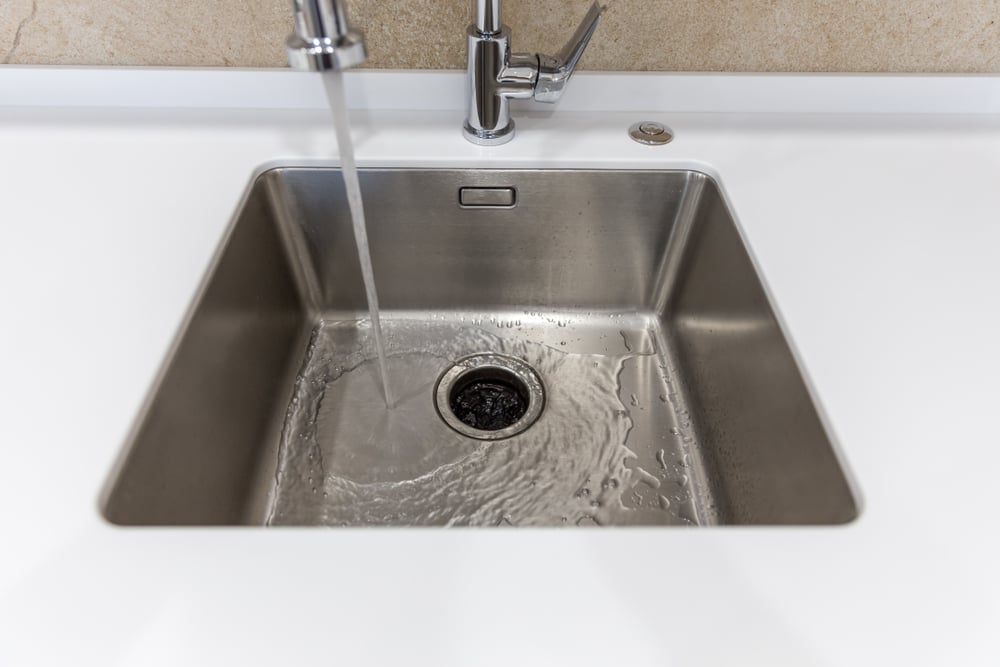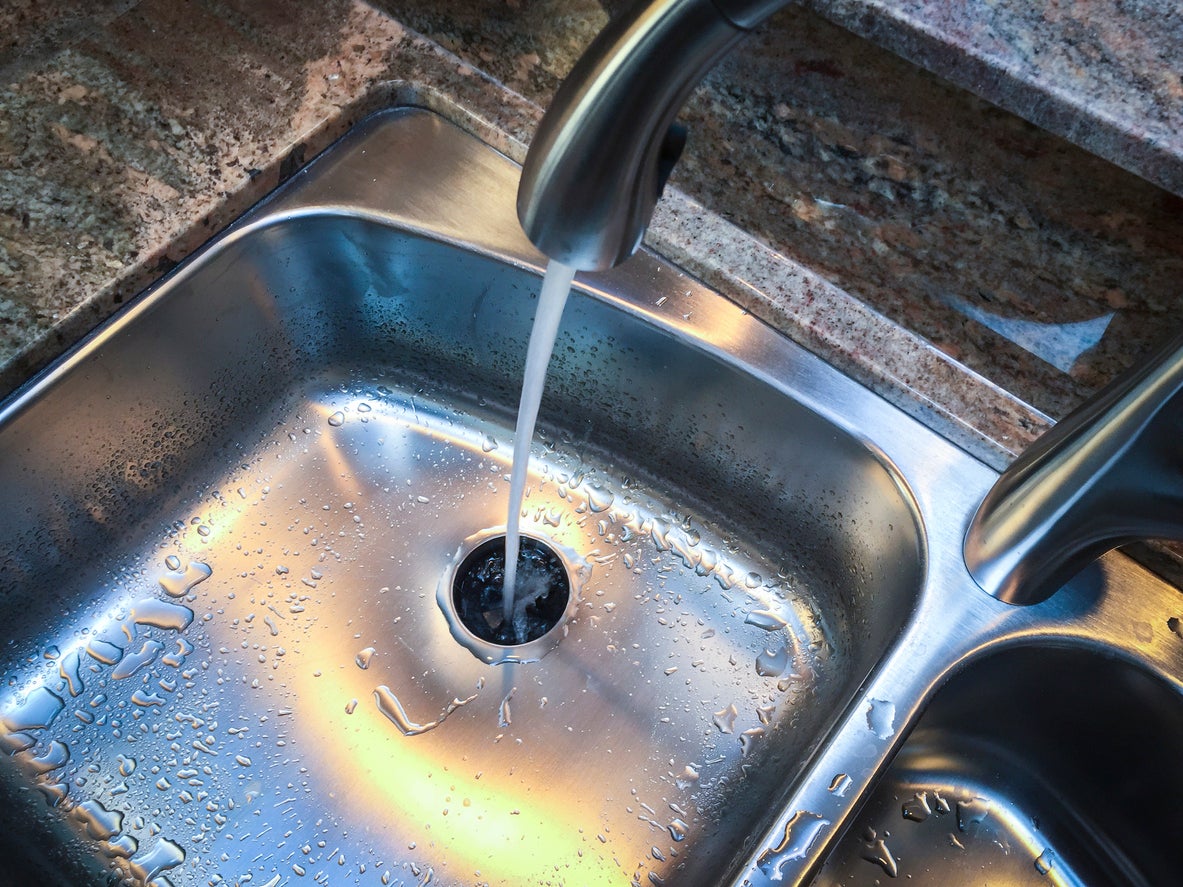Fast Solutions for Fixing a Dripping Waste Disposal Unit
Fast Solutions for Fixing a Dripping Waste Disposal Unit
Blog Article
Here down the page you will find a bunch of quality help and advice all about The Handy Guide To Fixing Your Garbage Disposal Leaking.

Garbage disposals are necessary kitchen home appliances that help in getting rid of food waste effectively. However, a dripping waste disposal unit can be an aggravating and messy issue to deal with. Thankfully, several leaks can be fixed quickly with a couple of easy steps. In this post, we will certainly go over just how to repair a leaking garbage disposal efficiently.
Introduction
Waste disposal unit are mounted under kitchen area sinks and are developed to shred food waste right into smaller pieces, allowing it to pass through the plumbing system easily. While these devices are typically dependable, leakages can happen with time due to wear and tear, loosened links, or damages to the device.
Step-by-Step Guide to Repairing a Leaking Waste Disposal Unit
Turn Off the Power
Prior to trying any type of fixings, ensure that the power to the waste disposal unit device is shut off to avoid the threat of electric shock.
Situate the Leakage
Determine the specific location of the leak and determine the reason
Tighten up Links
Make use of a wrench to tighten any kind of loosened links between the disposal system and the plumbing system.
Replace Seals or Gaskets
If the leakage is because of used seals or gaskets, eliminate the old elements and change them with new ones.
Patching Splits or Holes
For fractures or openings in the disposal device, use epoxy or a suitable patching product to secure the broken location.
Determining the Source of the Leakage
Before trying to deal with a dripping waste disposal unit, it is important to identify the source of the leakage. This can normally be done with visual evaluation or by carrying out basic tests.
Visual Evaluation
Inspect the waste disposal unit system very carefully for any type of indications of water leakage. Pay close attention to locations around seals, gaskets, and link factors.
Checking for Leaks
One method to evaluate for leakages is by running water through the disposal unit and looking for any visible indications of leak.
Usual Root Causes Of Leakages in Waste Disposals
Worn Seals and Gaskets
Seals and gaskets play an essential duty in protecting against water from dripping out of the garbage disposal. With time, these components can weaken, causing leaks around the disposal device.
Loose Links
The connections between the garbage disposal and the pipes system can become loose over time, triggering water to leakage out during procedure.
Fractures or Holes in the Disposal Unit
Physical damages to the waste disposal unit, such as splits or holes in the housing, can additionally result in leaks.
Tools and Materials Needed for Fixing a Leaking Garbage Disposal
Prior to beginning the repair process, collect the needed tools and materials, including a screwdriver, flexible wrench, plumbing's putty, substitute seals or gaskets, and epoxy or patching material for fixing splits or holes.
Examining the Waste Disposal Unit After Fixing
When the repair service is full, check the garbage disposal by running water with it to make sure that the leak has actually been dealt with.
Preventive Maintenance Tips to Avoid Future Leaks
To avoid future leakages, it is vital to perform normal upkeep on your waste disposal unit. This includes keeping it clean, preventing putting non-food products or hard items down the disposal, and periodically looking for leakages or various other concerns.
Final thought
To conclude, dealing with a leaking garbage disposal is a reasonably simple procedure that can be finished with basic tools and products. By complying with the actions outlined in this short article and practicing preventive upkeep, you can keep your garbage disposal in good working condition and prevent pricey repair work in the future.
HERE’S HOW TO FIX YOUR GARBAGE DISPOSAL
WHAT TO DO IF SOMETHING IS STUCK IN YOUR GARBAGE DISPOSAL
If the impeller won’t turn, there’s probably something stuck in the disposal. It could be a steak bone or peach pit, although plumbers report pulling all sorts of inappropriate objects out of disposals, such as bottle caps or aluminum foil. Make sure power to the disposal is off, and look inside to see if you can see the source of the jam.
Never stick your fingers in a disposal. Pull out anything you see with tongs or pliers.
If the disposal still won’t work, it may be time to call a plumber or consider buying a new disposal. GEM Plumbing & Heating is here for all of your garbage disposal needs.
WHAT TO DO IF YOUR GARBAGE DISPOSAL DRAIN IS CLOGGED
Take everything out from underneath your sink and put a bucket or other container under your disposal to catch any water that drains out. Disconnect your disposal from the power supply. If it’s plugged into a wall outlet, unplug it. If it’s hardwired into an electrical box, go to the electrical panel and turn off the breaker for the disposal. Pour ¼ cup of baking soda into the drain, followed by ½ cup of white vinegar. Give the solution a few minutes to fizz and do its work. Look into the disposal with a flashlight to see if you can see an object that might be causing the clog. If you see it, remove it using tongs or pliers. MORE TIPS ON DEALING WITH A CLOGGED GARBAGE DISPOSAL
Never use drain cleaner in a garbage disposal. It can damage the plastic parts inside the disposal. You can also be splashed with the caustic liquid while working to clear the clog. Beware! Never stick your fingers into a garbage disposal. Trust us — not a good idea. In many instances, your dishwasher drains through your garbage disposal. This allows the disposal to grind any large food particles that may be drained out of your dishwasher. There are some jurisdictions, however, where the plumbing code prohibits such a connection. WHAT TO DO WHEN YOUR DISHWASHER DRAINS THROUGH THE DISPOSAL
Run some water in the sink so your plunger has at least a ½-inch of water to create a seal and plunge vigorously up and down several times. You may need to repeat this several times. Run hot water down the drain to clear any residue that remains.

Hopefully you enjoyed reading our topic about Why Is . Thanks for finding the time to read our article post. Be sure to take the opportunity to share this blog post if you liked it. Many thanks for your time spent reading it.
Schedule Service Report this page